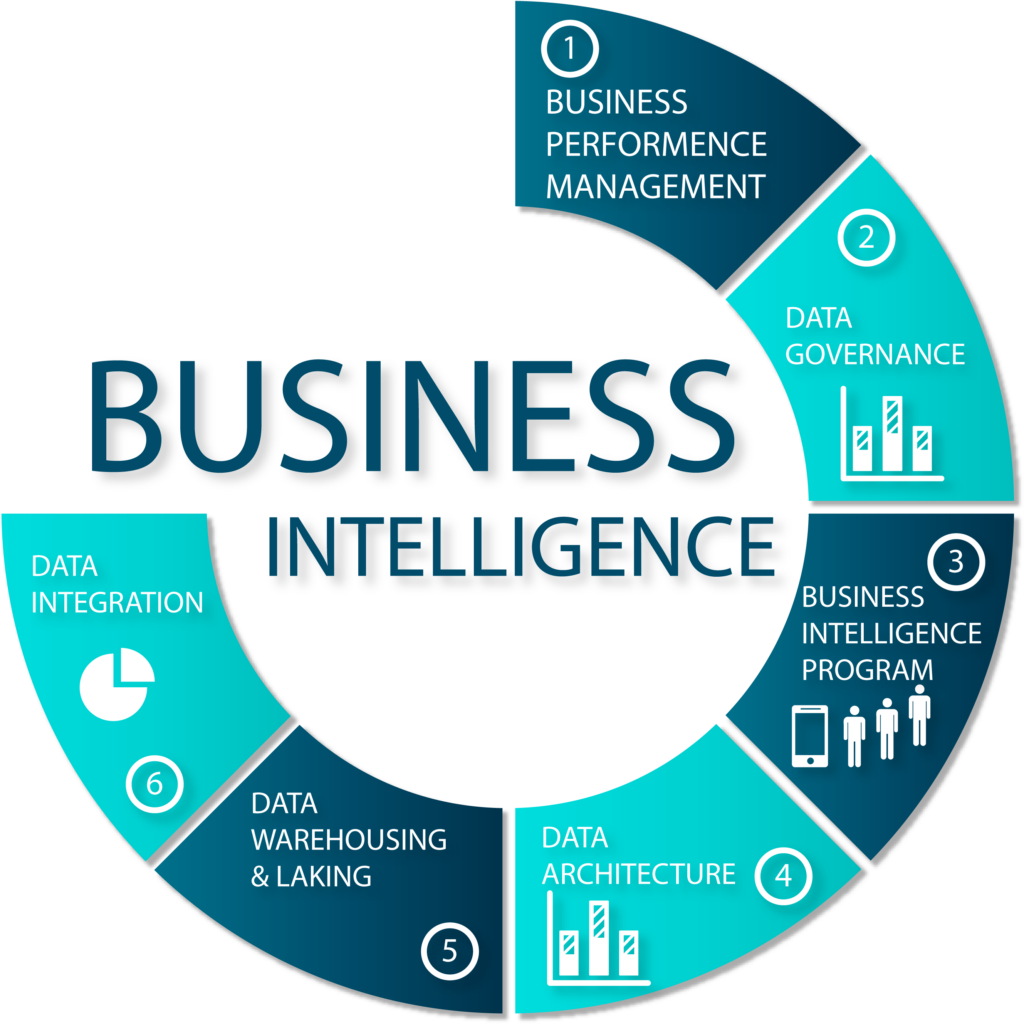
Mastering Business Intelligence Software for Growth
In today’s fast-paced and competitive business landscape, organizations are constantly seeking ways to gain a competitive edge and drive growth. One key strategy that has gained significant attention in recent years is the use of business intelligence (BI) software. By harnessing the power of data analytics and visualization, BI software enables businesses to make informed decisions, optimize operations, and unlock new opportunities for growth. In this article, we will explore the concept of business intelligence software, its benefits, and provide guidance on how to master it for business growth.
What is Business Intelligence Software?
Business intelligence software refers to a set of tools and technologies that enable organizations to collect, analyze, and visualize data from various sources. This data can come from internal systems, such as customer relationship management (CRM) software, enterprise resource planning (ERP) systems, and financial management systems, as well as external sources, such as social media, market research, and customer feedback. BI software uses advanced analytics and data visualization techniques to transform this data into actionable insights, enabling businesses to make informed decisions and drive growth.
Benefits of Business Intelligence Software
The benefits of business intelligence software are numerous and well-documented. Some of the key advantages of using BI software include:
- Improved Decision-Making: BI software provides businesses with access to real-time data and analytics, enabling them to make informed decisions and respond quickly to changing market conditions.
- Enhanced Operational Efficiency: By analyzing data on business operations, BI software can help organizations identify areas of inefficiency and optimize processes, leading to cost savings and improved productivity.
- Increased Revenue: BI software can help businesses identify new opportunities for growth, such as untapped markets, customer segments, and product lines.
- Competitive Advantage: By leveraging data analytics and visualization, BI software enables businesses to gain a deeper understanding of their customers, market trends, and competitors, providing a competitive edge in the market.
- Risk Management: BI software can help organizations identify potential risks and threats, such as fraud, security breaches, and compliance issues, enabling them to take proactive measures to mitigate these risks.
Mastering Business Intelligence Software
To master business intelligence software and unlock its full potential, organizations should follow these best practices:
- Define Clear Goals and Objectives: Before implementing BI software, define clear goals and objectives, such as improving sales, reducing costs, or enhancing customer satisfaction.
- Choose the Right Tool: Select a BI software that meets your organization’s specific needs and requirements, taking into account factors such as data complexity, user adoption, and scalability.
- Develop a Data-Driven Culture: Encourage a data-driven culture within your organization, where data is seen as a strategic asset and employees are empowered to make data-driven decisions.
- Invest in Training and Development: Provide ongoing training and development opportunities to ensure that employees have the necessary skills and knowledge to effectively use BI software.
- Monitor and Evaluate Performance: Regularly monitor and evaluate the performance of your BI software, making adjustments and refinements as needed to ensure that it continues to meet your organization’s evolving needs.
- Integrate with Existing Systems: Integrate your BI software with existing systems and tools, such as CRM, ERP, and marketing automation platforms, to create a seamless and holistic view of your business.
- Focus on Data Quality: Ensure that your BI software is fed high-quality, accurate, and relevant data, as this is essential for making informed decisions and driving business growth.
Common Business Intelligence Software Tools
There are many business intelligence software tools available on the market, each with its own unique features and capabilities. Some of the most popular BI software tools include:
- Tableau: A data visualization and analytics platform that enables users to connect to various data sources and create interactive dashboards.
- Power BI: A business analytics service by Microsoft that allows users to create interactive visualizations and business intelligence reports.
- QlikView: A business intelligence platform that provides users with a comprehensive view of their organization’s data, enabling them to make informed decisions.
- SAP BusinessObjects: A business intelligence platform that provides users with a range of tools and capabilities for reporting, analysis, and data visualization.
- Oracle Business Intelligence: A comprehensive business intelligence platform that provides users with advanced analytics, data visualization, and reporting capabilities.
Challenges and Limitations of Business Intelligence Software
While business intelligence software offers many benefits, there are also several challenges and limitations to consider:
- Data Quality Issues: Poor data quality can significantly impact the effectiveness of BI software, leading to inaccurate insights and decisions.
- User Adoption: Encouraging user adoption of BI software can be a challenge, particularly if employees are not familiar with data analytics and visualization.
- Cost and Complexity: BI software can be expensive and complex to implement, particularly for large and complex organizations.
- Security and Governance: Ensuring the security and governance of BI software is critical, particularly in regulated industries such as finance and healthcare.
- Change Management: Implementing BI software requires significant change management, including training, process changes, and cultural shifts.
Conclusion
Mastering business intelligence software is a critical strategy for driving growth and success in today’s fast-paced and competitive business landscape. By understanding the benefits and challenges of BI software, selecting the right tool, and following best practices, organizations can unlock the full potential of data analytics and visualization. Whether you are a small business or a large enterprise, business intelligence software can help you make informed decisions, optimize operations, and drive growth. So why not get started today and discover the power of business intelligence software for yourself?
Closure
Thus, we hope this article has provided valuable insights into Mastering Business Intelligence Software for Growth. We appreciate your attention to our article. See you in our next article!


